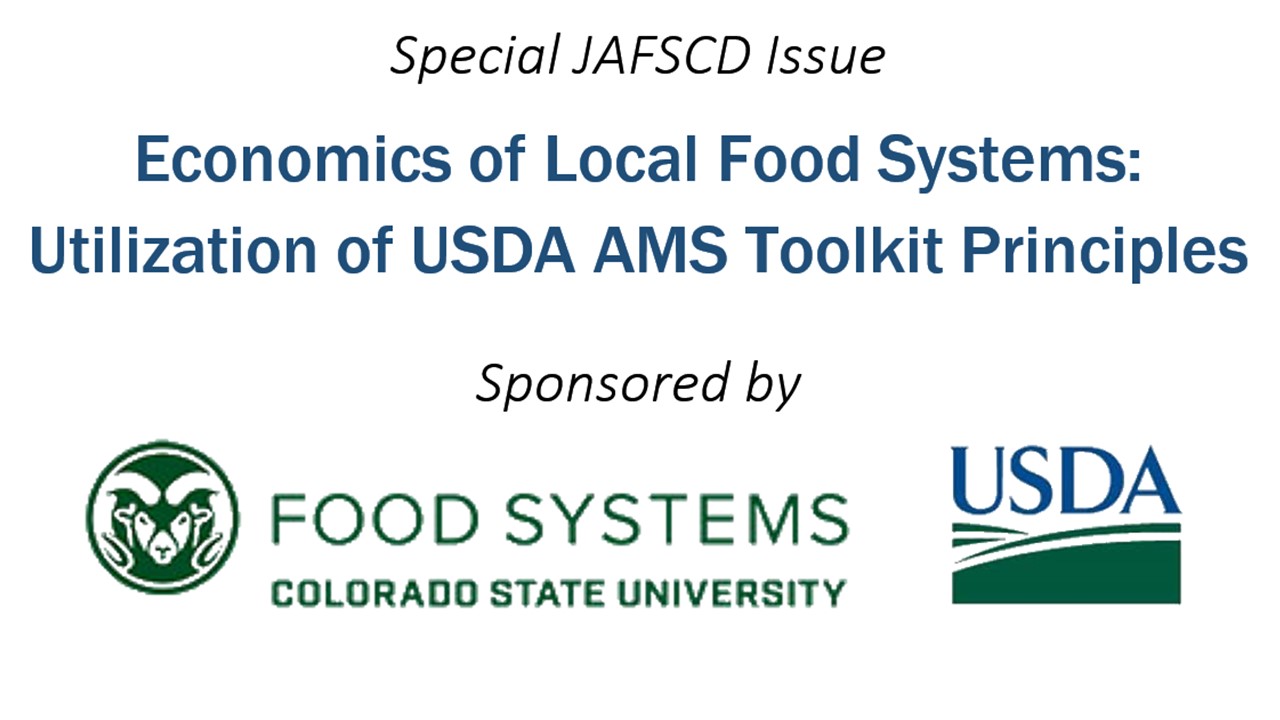San Jose Food Works Study: Demonstrating the Economics of Local Food Systems Toolkit Methodology
DOI:
https://doi.org/10.5304/jafscd.2019.08C.007
Keywords:
Food Sector, Food Economic Cluster, Local Food Economy, Regional Food Economy, Local Food Systems Toolkit, Food Systems, Bay Area, San JoseAbstract
Like many fast-growing cities with a history as a major food production area, San Jose, California, has largely left its agricultural heritage behind. Much of its famed Valley of the Heart’s Delight, so-called because of the vista of springtime blossoms and once a nationally important fruit production region, has been developed into the Silicon Valley, now a global high-tech center. The San Jose Food Works study makes a case that the food sector can be an important driver for achieving the city’s goals for economic development, place-making, public health, and sustainability. The study analyzes the economic contributions to the city from each food supply chain sector––production, distribution, processing, retail, and food service. It also engages stakeholders from agencies, businesses, and community-based organizations in identifying gaps and opportunities for strengthening these contributions. The recommendations developed with these stakeholders reflect a new commitment to collaborate on building a more robust, equitable, vibrant, and sustainable local food system. This reflective essay describes the practitioner-led development of a city-scale food supply chain assessment, as a process and product that demonstrate the methodology presented in the U.S. Department of Agriculture’s Economics of Local Food Systems Toolkit (Thilmany McFadden et al., 2016).
Metrics

Downloads
Published
How to Cite
Issue
Section
License
The copyright to all content published in JAFSCD belongs to the author(s). It is licensed as CC BY 4.0. This license determines how you may reprint, copy, distribute, or otherwise share JAFSCD content.













